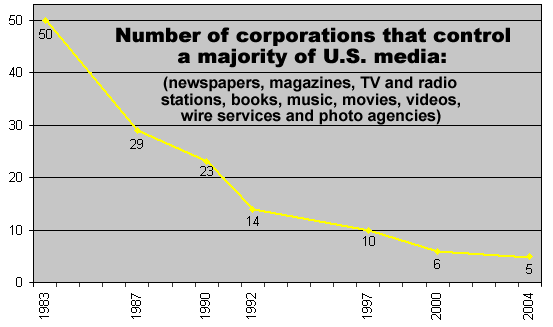The Voice
One reason why people were so easy to control in the former Soviet Union is that information was inextricably linked to power. If you held the power, information was yours to create, manipulate and disseminate. Over time, a reality of your own creation would be accepted and believed by those listening, regardless of conflicting evidence that surrounded the audience in their everyday lives. Even if individuals sensed the resulting dissonance, it would be quickly dismissed in the face of finding no agreement from The Voice. One would convince herself she was just a little crazy, that everyone else was satisfied, so she ought to be, as well.
One of the greatest challenges of the dissident movement was creating places where the truth could be told. First, they had to help people rediscover where truth could be found, reminding them that the newspapers and broadcasts were not reliable sources and their own experiences were trustworthy. For example, the Soviet message "Workers of the World, Unite!" would imply an agenda that seeks to empower the worker, make the worker large in the world with power and voice. But the actual experience of walking through Red Square communicates something very different. The Soviets built all their structures large and tall, not only in an effort to boast but to wield psychological power. You walk along the street, and your experience is that of feeling small--very small, like an ant in the world, vulnerable to being crushed. Because information was tied to power, people by necessity had to listen to those internal senses to find clues about the true nature of their reality. Only when the discrepancies between the two realities could be seen could people realize the degree to which they weren't free.
Upon whom did the government focus its silencing energies? Scholars and artists, primarily--those most likely to be skeptical of The Voice's message and those most likely to listen to the dissonance that took up residence within.
I think that when the First Ammendment was written it was an attempt to prevent such a collapse between information and power. The separation of the two was seen as a necessary requirement for freedom, not just as an ideal but freedom as an actual experience. Unfortunately, like many Soviet citizens, we have continued to believe that our information is free from control and ourselves along with it, even though contrary evidence is building. The primary difference is that our media isn't under control of the government, but rather the power of a few very large corporations.
Go here for a great but brief summary of Ben Bagdikian's work, published in The Media Monopoly (1983, 1992, 2000) and The New Media Monopoly (2004). Just how few corporations are controlling the media? Here's a little visual from the Media Reform Information Center:

